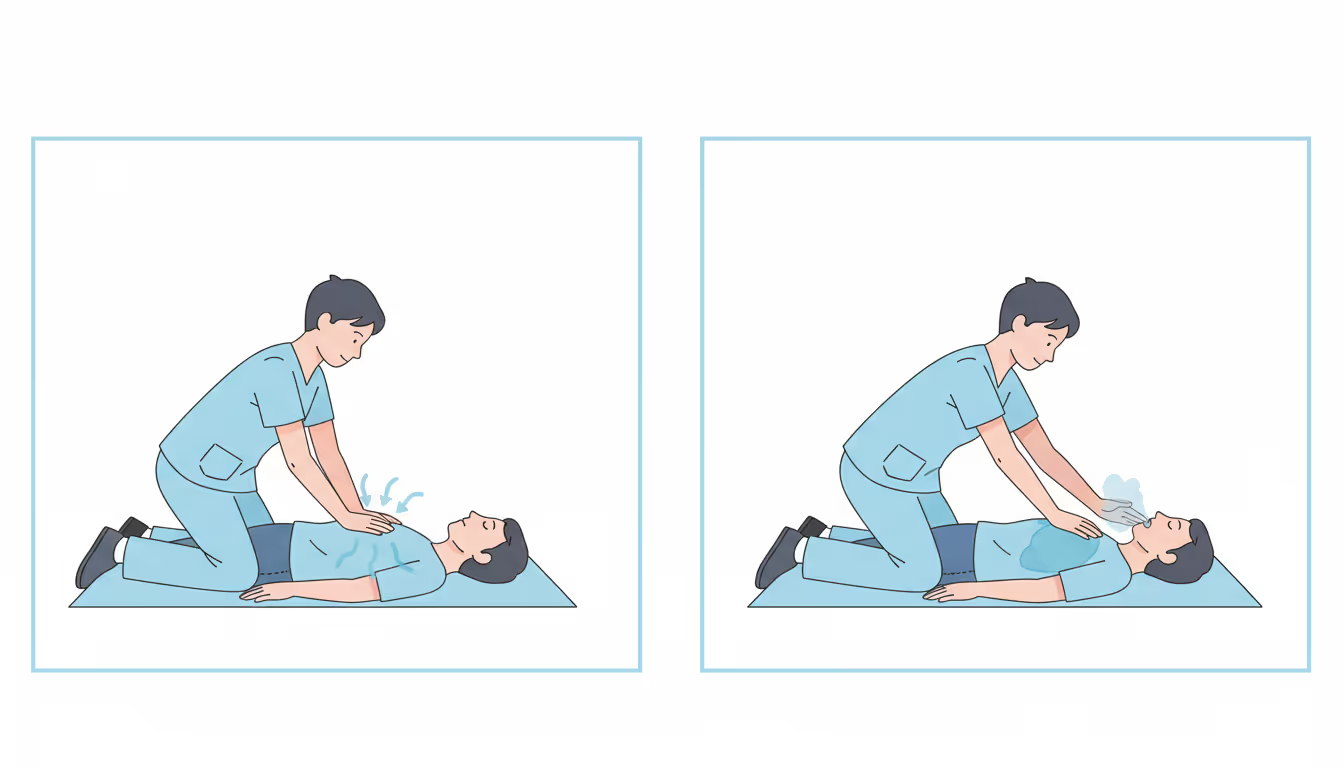
Antibiotics are medications designed to combat bacterial infections, but they are ineffective against viruses. Originally, the term referred to substances produced by microorganisms that could selectively hinder the growth of other microorganisms. Since then, scientists have developed synthetic antibiotics that are chemically similar to natural ones and serve the same purpose. In 1926, Alexander Fleming discovered penicillin, a compound derived from fungi that showed potential in stopping bacterial growth. By 1939, Edward Chain and Howard Florey had expanded on Fleming's work, conducting human trials on penicillin for severe bacterial infections. Their groundbreaking contributions earned Fleming, Florey, and Chain the Nobel Prize in 1945, marking the beginning of the antibiotic era.Another example of an antibiotic is tetracycline, known for its broad-spectrum effectiveness against a range of bacteria, including Hemophilus influenzae, Streptococcus pneumoniae, Mycoplasma pneumoniae, Chlamydia psittaci, Chlamydia trachomatis, and Neisseria gonorrhoeae, among others. The first tetracycline drug, chlortetracycline, was made available in 1948.




